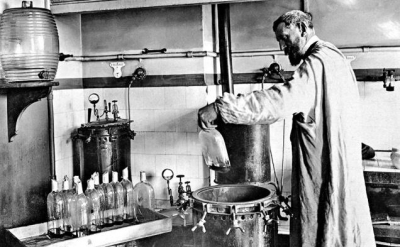
Wilhelm Wundt, a German doctor and philosopher, is acknowledged as one of the greatest and most influential psychologists of all time.
As one of the early pioneers of scientific psychology, Wundt introduced the usage of experimental methods in psychology. He developed psychology as an independent field of science, and set up a laboratory to explore the nature of religious beliefs, identify mental disorders and abnormal behavior, and find damaged part of the brain.
He also published the first journal of psychology, ‘philosophische studies’ or ‘philosophical studies’ in 1881. Wilhelm Wundt was in fact, the first person to ever call himself a ‘psychologist’.








